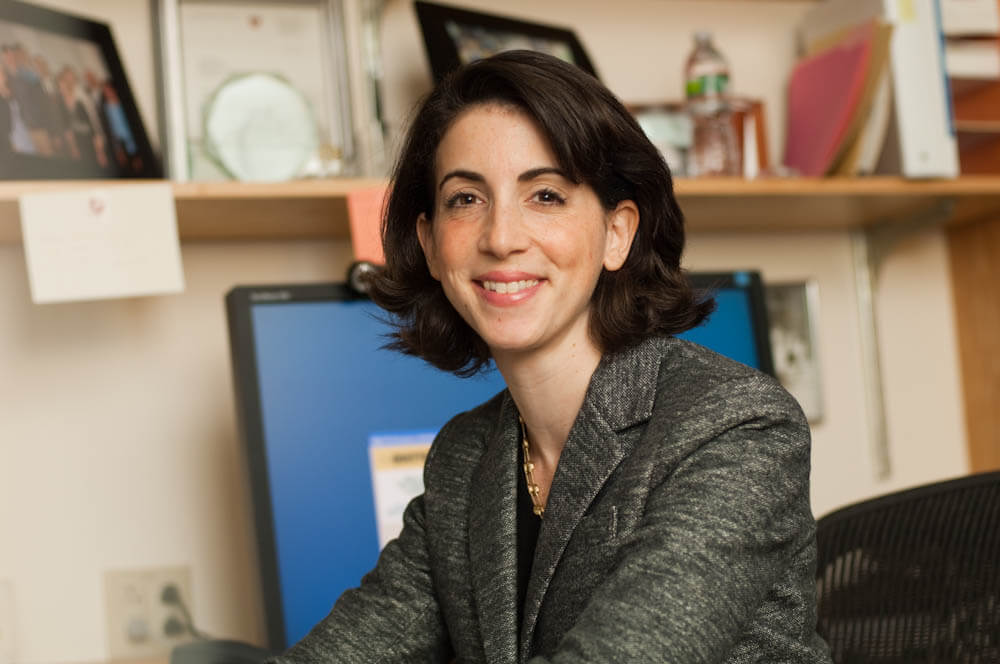In a significant step toward more personalized treatment for patients with breast cancer, a recent clinical trial found that many women with an early stage of the disease do not need chemotherapy after surgery to remove the tumor.
The study, called the Trial Assigning Individualized Options for Treatment (Rx), or TAILORx trial, showed that for many women whose breast cancer carries receptors for the hormones estrogen or progesterone, tests negative for the HER2 protein, and has not spread to nearby lymph nodes, adding chemotherapy to hormone therapy after surgery provides no more benefit than hormone therapy alone.

The findings underscore the value of genomic tumor tests in providing important information about tumor biology and helping guide treatment decisions. Participants in the study had samples of their tumor tissue analyzed with a test called Oncotype DXTM. This test probes the activity, or “expression,” of genes within tumor cells and calculates a “recurrence score” on a scale from 0 to 100. Previous studies had shown that women with scores under 11 do not need chemotherapy, while those with scores above 25 do benefit from the drugs. The TAILORx trial sought to establish guidelines for patients in the intermediate (11-25) range.
In the trial, participants first had surgery and radiation therapy for their breast cancer. Those whose Oncotype DXTM scores were between 11 and 25 were randomly assigned to receive either hormone therapy alone or chemotherapy followed by hormone therapy. Over time, the two groups fared equally well: Nine years after treatment, the same percentage of patients who received both chemotherapy and hormone therapy were alive and free of breast cancer as those who received hormone therapy alone.
The results indicate that for those with intermediate recurrence scores, receiving chemotherapy after surgery did not help reduce the chance of cancer coming back after initial therapy, and can be safely avoided in many patients. For the small group of younger patients in the trial with scores 16-25, the results were less certain, and discussion of additional therapies is still encouraged.
The results “support using tissue-based tests to learn about the biology of an individual’s cancer and using that data to personalize treatment,” says Erica Mayer, MD, MPH, a breast cancer specialist and senior physician at Dana-Farber’s Susan F. Smith Center for Women’s Cancers. “Gene-expression testing is an important tool in determining which patients are unlikely to be helped by chemotherapy, reducing their risk of exposure to unnecessary toxicity, and allowing patients to focus on other effective treatment strategies.”
